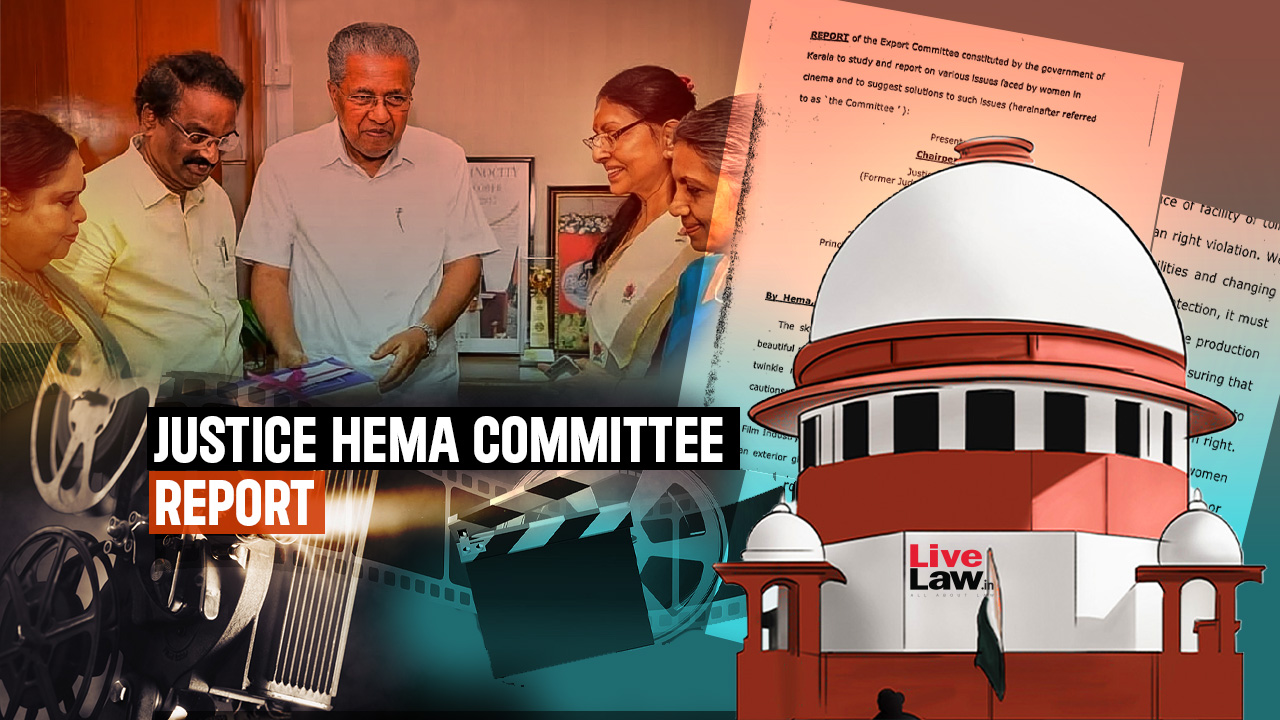 |
|
The Supreme Court of India has reserved its judgment on three special leave petitions challenging a Kerala High Court order mandating the registration of First Information Reports (FIRs) based on witness testimonies provided to the Justice Hema Committee. This committee investigated allegations of abuse within the Malayalam film industry. The High Court's October 14, 2024, ruling directed the police to register FIRs, interpreting the witness statements as sufficient information to initiate criminal proceedings under Section 173 of the Bharatiya Nagarik Suraksha Sanhita, 2023 (BNSS). This section outlines the procedure for registering an FIR when information concerning a cognizable offense is received. The High Court's decision stemmed from its examination of the Justice Hema Committee Report, which detailed accounts of abuse experienced by women actors in the Malayalam film industry.
The Supreme Court's decision, expected on January 27th, will have significant implications for the ongoing investigation and the individuals involved. Three petitions were filed against the High Court's order. One was submitted by film producer Sajimon Parayil, challenging the High Court's directive on grounds that it prioritizes registering the crime before conducting a thorough investigation. He argued the State's intention was to file FIRs indiscriminately against numerous individuals. His legal representation highlighted concerns about the lack of clarity regarding his personal involvement in the alleged offenses. The Supreme Court Justices questioned his locus standi, challenging his right to file the petition given his apparent lack of direct connection to the core issue. The court also raised questions about the potential for the report's premature release to the public and if the petitioner’s grievance is preemptive, given existing legal avenues to challenge an FIR post-registration.
Two further petitions were filed by actresses who testified before the Justice Hema Committee. Their legal counsel argued that their participation in the committee was solely for academic purposes aimed at improving the Malayalam film industry, not to initiate criminal proceedings. They claimed to be facing harassment despite explicitly stating their lack of interest in pursuing criminal actions. The lack of access to copies of the registered FIRs was also highlighted as a key concern. These arguments emphasize the potential for unintended consequences from the High Court's broad application of Section 173 of the BNSS. The Supreme Court’s deliberation must therefore carefully balance the need to address serious allegations of abuse against the potential for misapplication of the law and subsequent harm to individuals who participated in the Justice Hema Committee’s investigative process only to help reform the industry.
The Kerala Women's Commission intervened in the matter, supporting the registration of FIRs. This intervention underscores the importance of protecting victims and ensuring accountability for perpetrators of abuse within the film industry. The contrasting viewpoints presented to the Supreme Court highlight the complex legal and ethical considerations involved in balancing the need for justice with the protection of individual rights and the potential for misapplication of legal procedures. The Supreme Court's final judgment will serve as a crucial precedent, setting a clear standard for how such cases should be handled in the future, particularly when dealing with sensitive issues like abuse and the complexities of interpreting witness testimonies within the framework of criminal procedure.
The case is a test of the balance between effective investigation and protection of individual rights, especially the rights of those who have already provided testimony and expressed lack of desire for further legal actions. The court's judgment will shape the legal landscape related to similar situations in the future. The case also highlights the difficulties of balancing the need for justice for victims of abuse with due process considerations for individuals accused of crimes. A fair and well-reasoned judgment will be crucial to ensuring trust in the legal system's ability to handle sensitive cases such as this with impartiality and effectiveness. The implications extend far beyond the specific individuals involved, potentially influencing future investigations into allegations of abuse within various industries, reinforcing the need for clarity and careful consideration by the Supreme Court when issuing its final decision.
